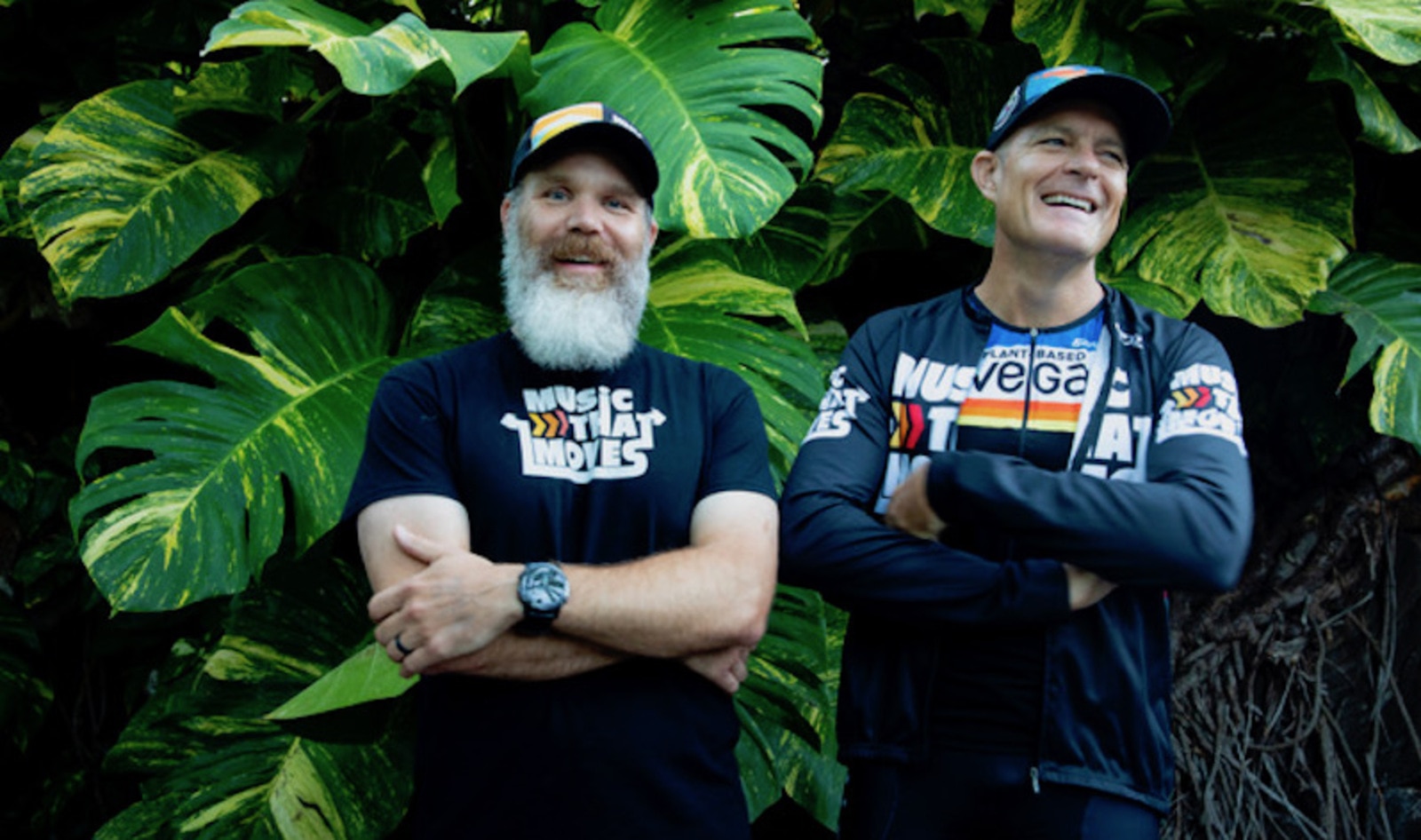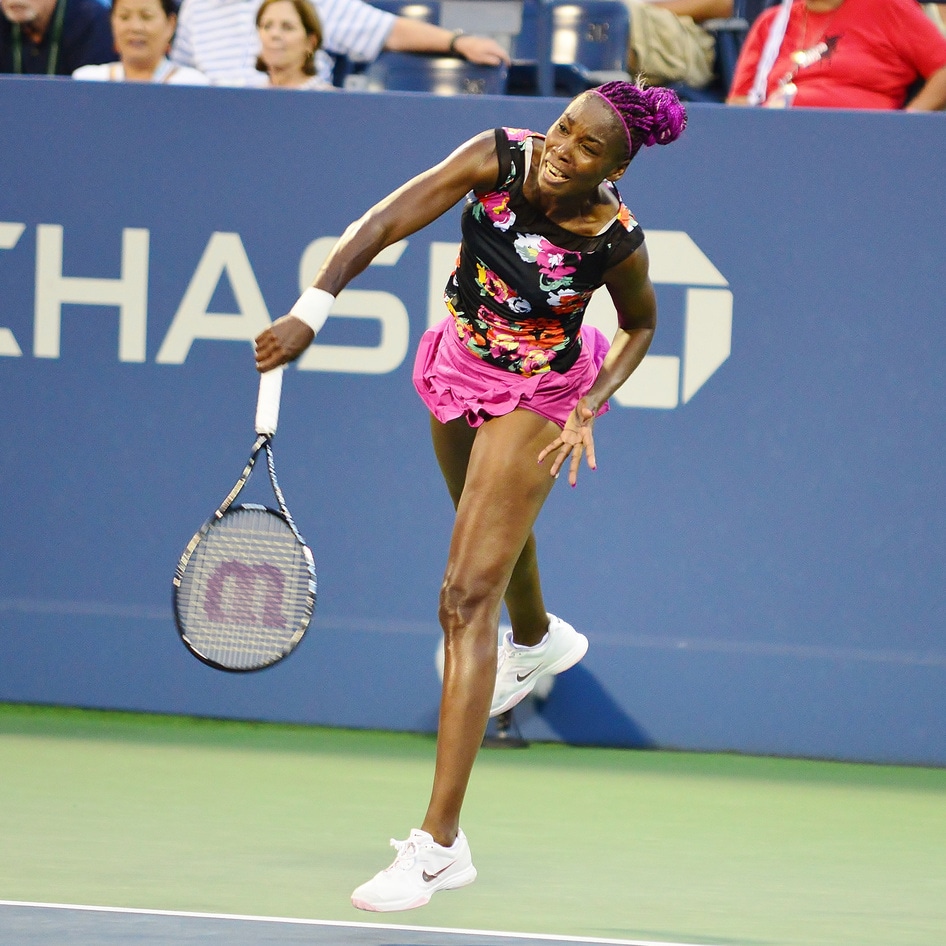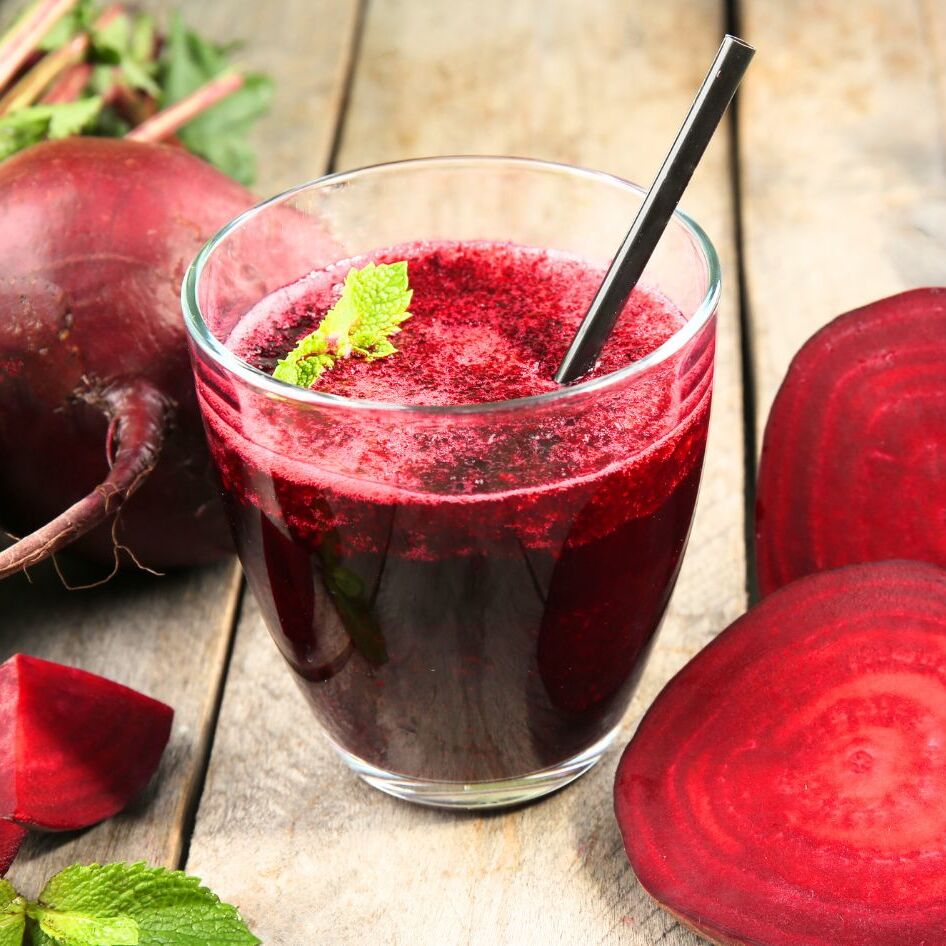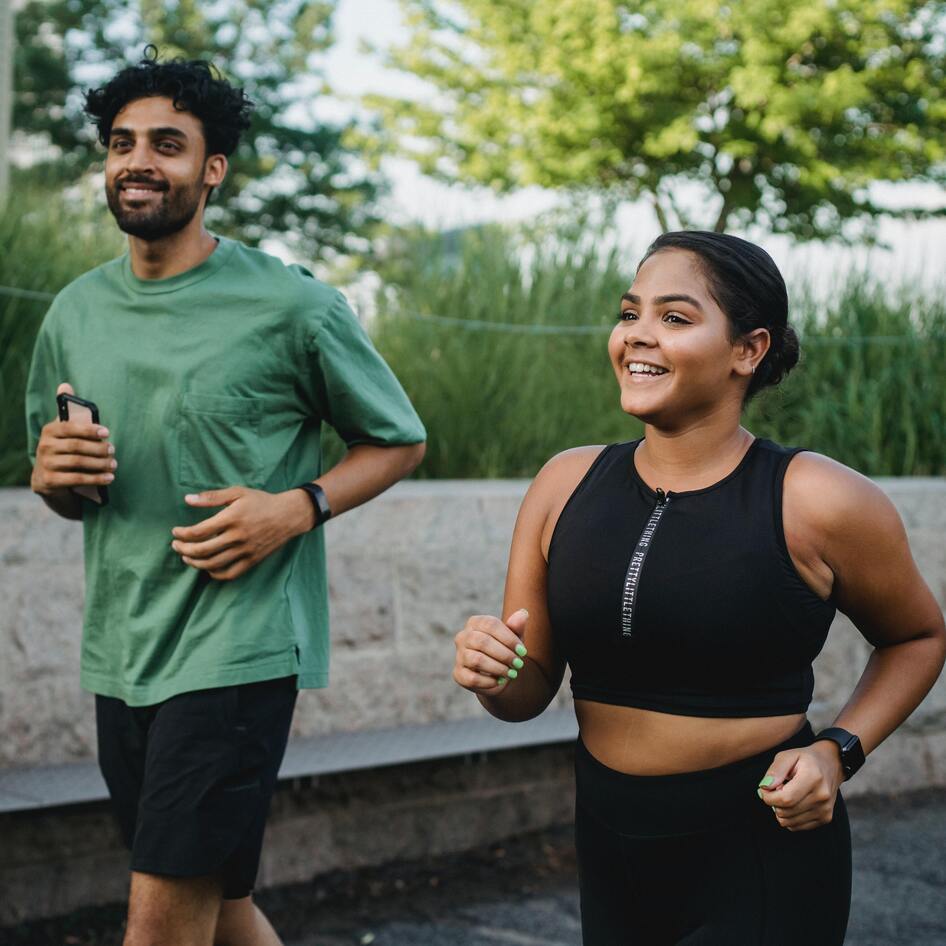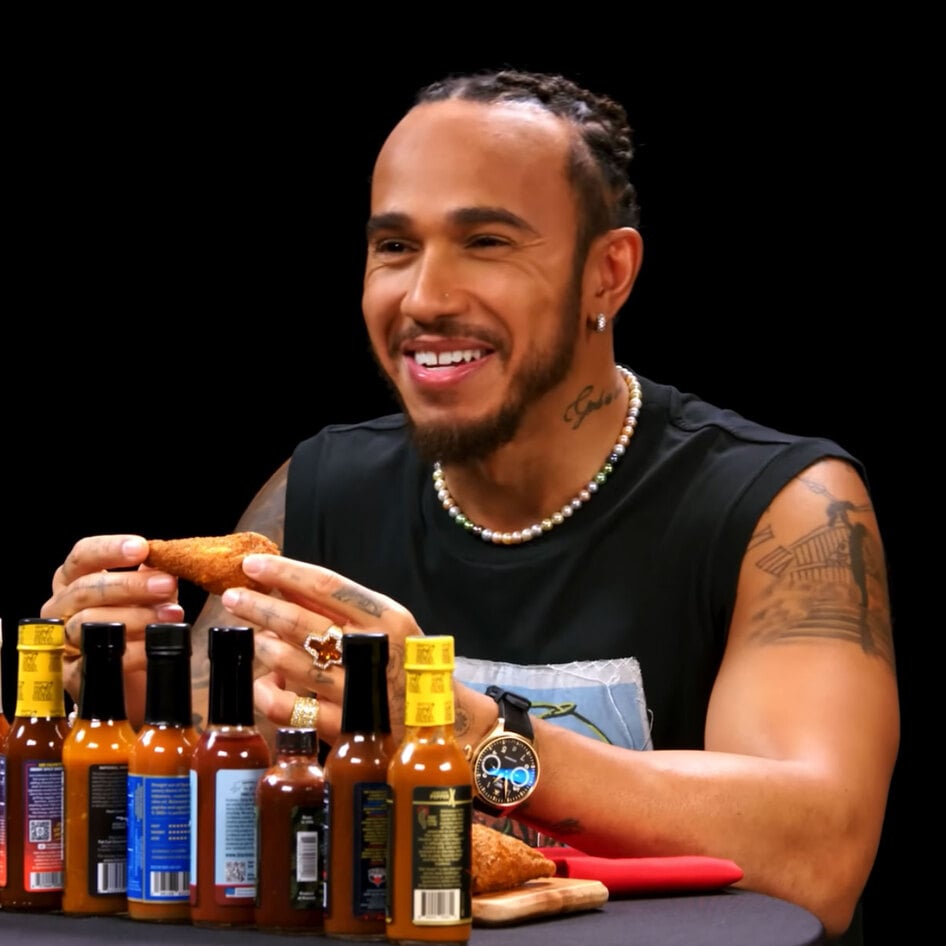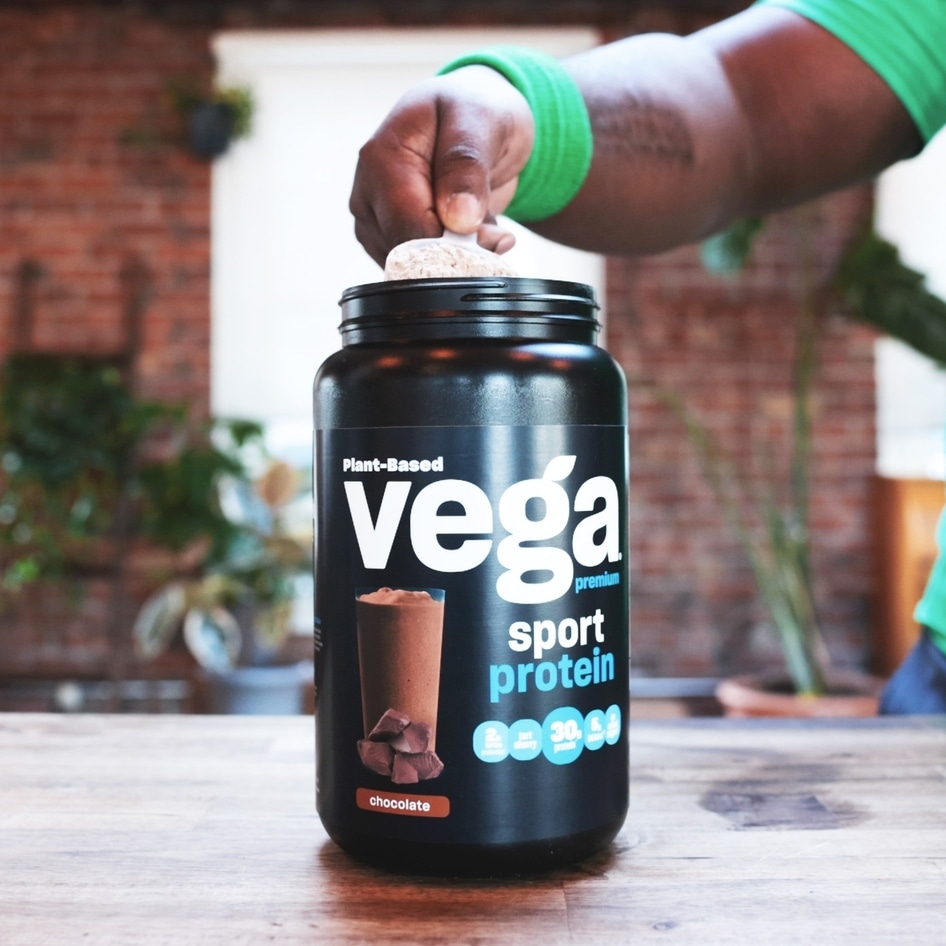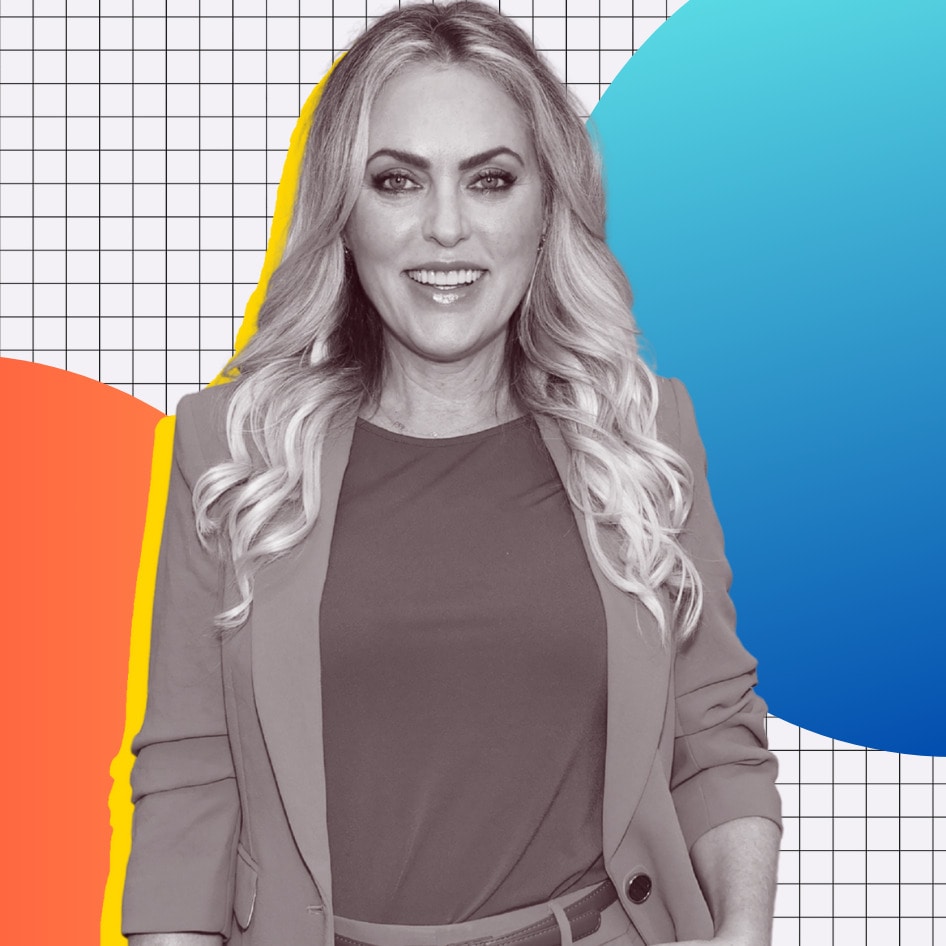Thad Beaty and Michael McDonald have three things in common: music, veganism, and an exceptional ability to endure and suffer. For the rare vegan that enjoys country music (I can’t be the only one?), you might recognize Beaty as the lead guitarist in the band Sugarland. McDonald has found similar success in the industry—he runs his own talent agency, Mick Management. Instead of hitting the bar or the club after work, the musically inclined friends decided to train for an Ironman, and not just any Ironman—the World Championships in Kona, HI. With Beaty as the coach, McDonald put in the plant-based fuel and training needed to complete the scenic yet strenuous 2.4-mile swim, 112-mile bike ride, and 26.4-mile run event. Post-race, the two took the time to chat about the power of plants and athletic performance.
VegNews: Tell us about how you decided to go vegan.
Michael McDonald: I opted for a plant-based diet two-and-a-half years ago abruptly after learning of the health benefits. My dad died from a heart attack at age 56 and I want to do everything in my control to avoid that fate.
Thad Beaty: My journey came after a health crisis with my mom and guitar tech—both were diagnosed with cancer. I googled “how to not get cancer” and found that if I ate fifty-percent raw, it would reduce my risk. I started with smoothies in the morning and a salad for lunch. It was easy—and I dropped 75 pounds. I soon realized that if a gave up a few little things like yogurt, I would be vegan, so I cut the cord around 10 years ago.
VN: Did you notice a difference in your athletic performance or overall health after going plant-based?
MM: I did. The way my body recovers from strenuous workouts and long races is remarkable. I don’t have any joint pain, and muscle soreness is mild and short-lived.
TB: Heck yeah! I lost 75 pounds! My wife and I have a big dog and we buy the 35-pound bags of food two at a time. I carried both bags up our stairs and realized, “Oh shit … I used to carry this much extra weight in my body!” My mind was blown. Going vegan saved me.
VN: What are the benefits of a plant-based diet in this multi-discipline sport?
MM: There are countless benefits for me, but the overarching one is that I’m forced to be very deliberate about my food choices. That results in better nutrition and allows me to listen to what my body needs versus what my mind is telling me it wants.
TB: We can stabilize blood sugar! This helps us survive the roller coaster of a GI [gastrointestinal] crisis. Our approach is to be conservative and keep the blood sugar stable. We literally are shooting for 200 calories max—it worked and Michael had zero issues.
VN: How many months of training did you put into this race?
MM: Having never done the 140.6 distance, I put a solid 12 months of training into preparing for Kona.
VN: Michael, how did you fuel during the race?
MM: I ate a Vega Sport protein bar immediately after leaving the water. On the bike, I drank a liter of water and a liter of protein every hour and ate a Vega bar every 50 miles. On the run I ate one Vega bar along the way and stopped at every aid station for ice—which I clenched in my fist until it melted.
VN: What did you eat after the race?
MM: Nothing for about two hours, then I ate some hummus and pita, a veggie wrap, and sweet potato fries.
TB: Beer and pizza! Vegans can do that, too!
VN: Michael, how did your race go?
MM: My race was dreamlike … I watched the most beautiful sunset I’ve ever seen on the way into the Energy Lab [a landmark in the race], and running uphill on the way out, the moon was rising from behind the clouds. It was one of the greatest days of my life. Period.
VN: What excites you about the evolving world of plant-based sport?
MM: It’s simply a better choice for the planet. Science proves that not only are plant-based athletes not disadvantaged, rather, we’re far more likely to surpass and have longer careers than non-plant-based athletes.
TB: The shift in people’s attitude toward trying a plant-based approach is growing—more people are trying it. If athletes can lead the way, then the “Everyman” and everyone will give it a shot. We have to change the narrative around what a standard western diet does to your health. Today I’m in a small town in Tennessee. There are literally zero options here. The people here are at ground zero of the health crisis. We need to spread this message beyond the mainstream and into the backcountry! We can do it!!
Tanya Flink is a Digital Editor at VegNews as well as a writer and fitness enthusiast living in Orange County, CA.
JUMP TO ... Latest News | Recipes | Guides | Health | Subscribe
Photo credit: VEGA

